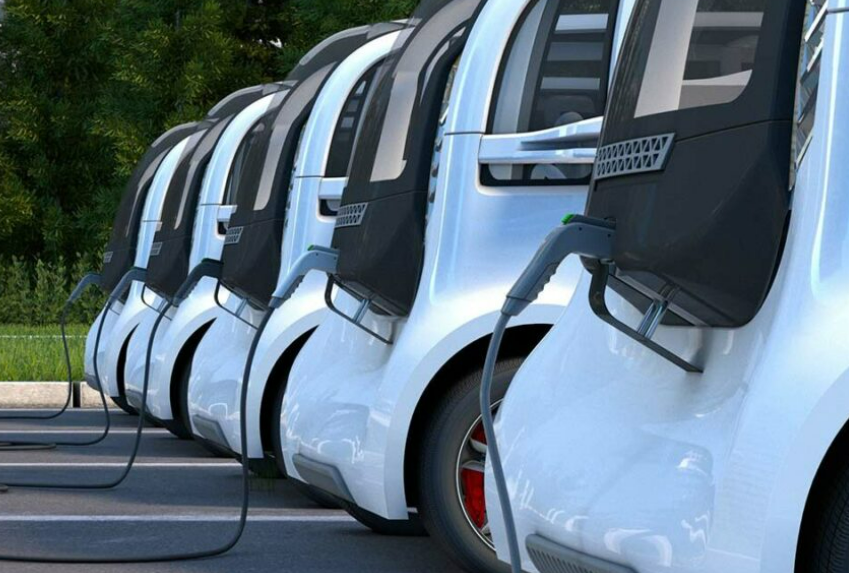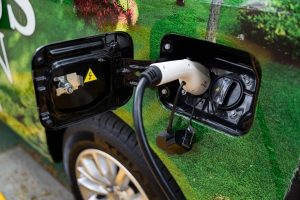
Mexico: Automotive Industry Presents Proposals to Strengthen the National Strategy for Electric Mobility

Mexico recently published the National Electric Mobility Strategy (ENME), an instrument aimed at coordinating and leading electromobility efforts at the national level, oriented towards mitigating GHG emissions through the technological and economic transformation of mobility.
Following the announcement, the automotive industry asked the federal government to integrate four key aspects that were not taken into account for the initiative that seeks to promote electric mobility.
Representatives of the automotive industry stated in a press release that it is necessary to consider all the technologies available for Mexico, which are adapted to the country’s conditions and provide significant reductions in CO2 emissions in the transportation sector.
Read also: Santiago de Chile to be the Latin American Capital of Sustainable Mobility
Points to Consider
They explain that hybrid electric vehicles (HEV), plug-in hybrid electric vehicles (PHEV) and battery electric vehicles (BEV), including those using fuel cells (FCEV), are of vital importance, as well as any other innovation that may be developed in the future and help to meet these objectives.
The guild points out that a scheme of fiscal and non-fiscal incentives should be implemented, accompanied by adequate financial instruments for all technologies available in the market, in order to boost the production of reduced-emission vehicles and their accelerated adoption in the Mexican market.
“This results in a key scheme to allow the strengthening of our competitiveness at an international level and gives the opportunity to attract investment for the relocation of production lines to Mexico, in order to maintain our country as an automotive powerhouse under these new technologies, as well as a relevant producer for the North American region. It is essential that the Mexican market does not lag behind in the adoption of clean technologies,” the statement said.
Regulation
Additionally, they consider that it is essential to provide certainty, both to the industry and the general population, in regulatory matters to ensure that all vehicles remain within the existing regulatory framework, observing not only the standards (yet to be developed) for vehicles with reduced emissions, but also those applicable to any vehicle circulating in our country, such as registration or safety elements.
Likewise, they consider that the ENME goals for the next decades are not achievable, so they ask for more realistic times.
Finally, they ask for the consideration of their study called Guidelines for a National Electric Mobility Policy 2023, developed by the international firm Frost & Sullivan, which contemplates the guidelines for a policy that strengthens the strategy to materialize the transition to electric mobility.
The press release is signed by the Mexican Automotive Industry Association (AMIA), the Mexican Association of Automotive Distributors (AMDA), the National Auto Parts Industry (INA) and the National Association of Bus, Truck and Tractor-Truck Manufacturers (Anpact).





